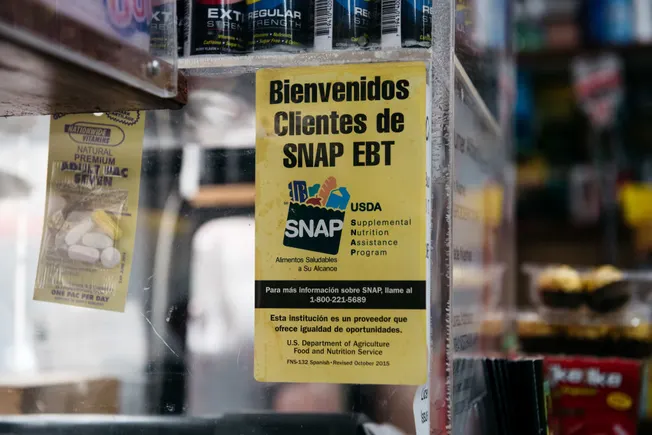Making Adjustments to Product Assortments for SNAP Policy Changes
As grocers prepare for new federal policy and state waivers affecting SNAP, Coresight Research suggests that making alterations to product assortments may be beneficial. Currently, 12 states have received USDA approval to restrict certain items like candy and soda from SNAP eligibility. While these waivers won’t take effect until next year, the grocery industry is already facing challenges in implementation and compliance. Each state will have its own set of restrictions to enforce.
With these policy changes, grocers, especially those in low-income and rural areas, are expected to see reductions in basket sizes and foot traffic. Coresight also highlighted that the impact of the SNAP changes will vary among retailers. Mass retailers and larger grocers like Walmart and Kroger may face moderate challenges, while smaller grocers and dollar stores catering to SNAP consumers might experience more significant adjustments as shoppers adapt their spending habits. Health-focused retailers are likely to be less affected by the SNAP item eligibility changes.
Coresight forecasts that the policy changes will encourage consumers to seek healthier options but could potentially lead to reduced discretionary spending or a shift to more affordable alternatives. The state waivers are expected to primarily impact grocers’ center store categories. For retailers with high SNAP volumes, Coresight recommends repositioning or replacing items that will no longer be eligible for SNAP benefits with alternatives that are eligible, and prominently displaying these alternatives.
Private label products can be instrumental in addressing affordability concerns, particularly for essential items like bread, dairy, and protein. Target and Walgreens are examples of retailers expanding their private label offerings to include more wellness-focused and health-conscious products. National players like Kroger and Walmart can leverage their private label lines to guide SNAP consumers towards healthier choices and increase margins. Additionally, retailers can introduce smaller and more budget-friendly pack sizes to assist SNAP consumers in maximizing their spending.
Other strategies suggested by Coresight include increasing promotions for staple items, restructuring loyalty programs to incentivize high-frequency purchases of staples, and providing in-store signage, community outreach, and training for workers to help shoppers adapt to the new policies. Awareness of the SNAP changes among recipients is crucial to avoid frustration at checkout when attempting to purchase restricted items.

